16th October 2025
On 13 January 2023 an Annex XV Restriction Report – Proposal for a Restriction of Per- and polyfluoroalkyl substances (PFASs) was submitted by the Danish, German, Dutch, Norwegian and Swedish authorities to ECHA. The chemical scope of the restriction proposal was defined as: “Any substance that contains at least one fully fluorinated methyl (CF3-) or methylene (-CF2-) carbon atom (without any H/Cl/Br/I attached to it).” Fluoropolymers used as process aids for polymer extrusion come under this scope.
While the initial restriction proposal was under review by RAC & SEAC, the submitting authorities also evaluated the 5,600 scientific and technical comments received during the 2023 consultation. Based upon the evidence gathered, an updated restriction proposal was published on 24 June 2025. This is called the Draft Background Document and forms the basis for ECHA’s committees’ opinions going forward, although it may be updated further.
The Draft Background Document proposes a derogation to the restriction for fluoropolymers and perfluoropolyethers used as polymer processing aids in flexible plastic film extrusion (for food and non-food applications) until 6.5 years after entry into force (EiF) of the restriction. The current timeline is for ECHA’s committees to deliver the final RAC and SEAC opinions to the European Commission in 2026, potentially enabling the restriction to enter into force in 2027.
However, while the comments to the 2023 Restriction Report were being evaluated and the restriction proposal updated, the Packaging and Packaging Waste Regulation, EU 2025/40 entered into force on 12 February 2025 and will apply from 12 August 2026.
In Article 5, Requirements for substances in packaging, the PPWR included the restriction on PFAS as detailed in the initial Annex XV Restriction Report of 2023. The PPWR requires “From 12 August 2026, food-contact packaging shall not be placed on the market if it contains per- and polyfluorinated alkyl substances (PFAS) in a concentration equal to or above the following limit values to the extent that the placing on the market of packaging containing such a concentration of PFAS is not prohibited pursuant to another Union legal act:
(a) 25 ppb for any PFAS as measured with targeted PFAS analysis (polymeric PFAS excluded from quantification);
(b) 250 ppb for the sum of PFAS measured as the sum of targeted PFAS analysis, where applicable with prior degradation of precursors (polymeric PFAS excluded from quantification); and
(c) 50 ppm for PFASs (including polymeric PFAS); if total fluorine exceeds 50 mg/kg the manufacturer, importer or downstream user as defined respectively in Article 3, points (9), (11) and (13) of Regulation (EC) No 1907/2006 shall, upon request, provide to the manufacturer or the importer as defined respectively in Article 3(1), points (13) and (17), of this Regulation proof of the quantity of fluorine measured as content of either PFAS or non-PFAS in order for them to draw up the technical documentation as referred to in Annex VII to this Regulation.
”The PPWR (EU 2025/40) will not be delayed by the updated restriction proposal as it has already entered into force and will be legally binding from 12 August 2026. This means that food packaging, including plastic packaging, must comply with the limit values for PFAS, including polymeric PFAS, detailed in the PPWR.
The result of this is that although there is a possible derogation for the use of polymeric PFAS as process aids under REACH this will not apply to food packaging which will be regulated by, the already in force, PPWR.
Users of PFAS process aids producing both non-food products and food packaging are advised to consider their clean down procedure when changing to regulated applications after running PFAS PPAs. Polymeric PFAS PPAs work by forming a low friction coating on extrusion equipment, thus this coating will need to be removed before manufacturing food packaging material.
In summary:
• If your application is food packaging then the PFAS restriction under Article 5 of PPWR will apply from 12August 2026.
• If your application is not food packaging then the EU REACH PFAS restriction will apply – with a potential derogation for polymer PFAS used as process aids of 6.5 years from EiF.
It should also be considered that both the proposed REACH restriction and the PPWR only apply to products being placed in the EU (and NI) market not the UK (England, Scotland & Wales).
